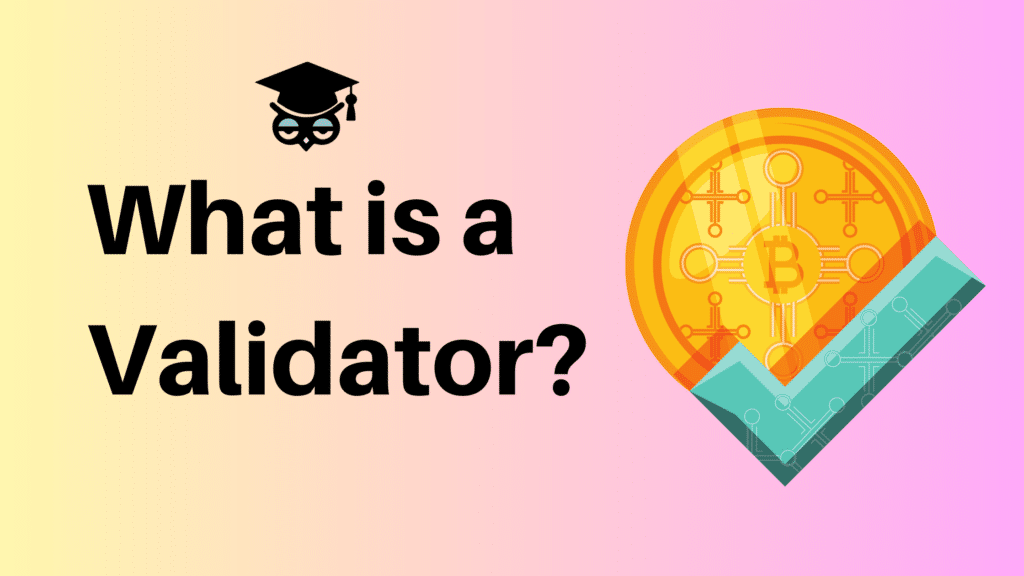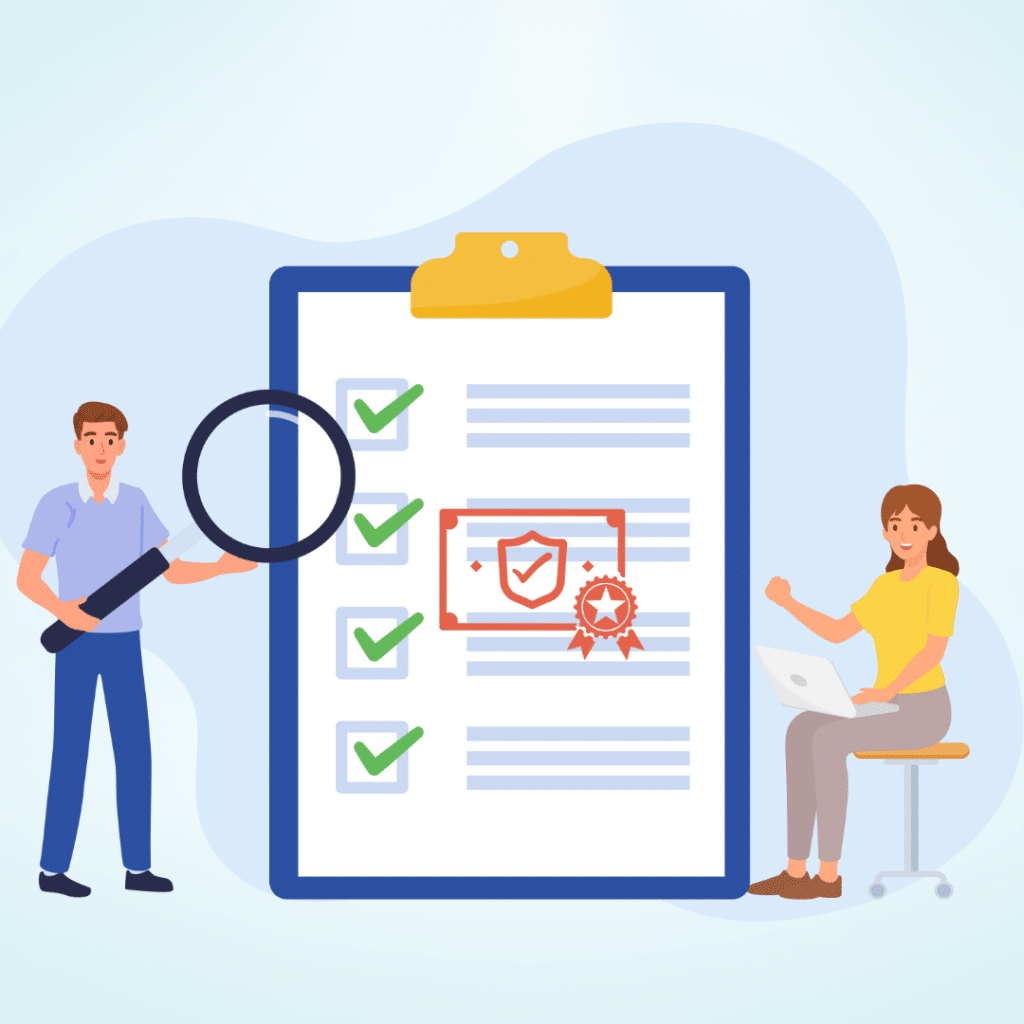What are Validators?
The blockchain is a distributed ledger system that offers a transparent, secure, and reliable way to store and transfer digital assets. The blockchain needs validators to ensure all data is secure. transactions are valid and to keep the blockchain safe from attack.
The Long Definition:
A blockchain validator is a participant in the blockchain network responsible for verifying and validating transactions. A validator creates, maintains, and updates the blockchain, and is responsible for the security and integrity of the data stored on it.
Validators use a consensus algorithm to agree on the current state of the blockchain. The consensus algorithm also ensures that all participants in the network agree on the same version of the truth. The validator’s job is to ensure that the transactions that are added to the blockchain are valid and accurate.
Validators are responsible for the security of the blockchain. They ensure data is secure and transactions are valid. They also ensure that the network remains decentralized and that no single entity has too much control over it. Their activities also prevent 51% attacks, which are when a group of malicious actors gain control of the majority of the network’s computing power and try to manipulate the blockchain.

What Do Blockchain Validators Do?
When a transaction is initiated, the validator checks that it is valid and accurate. Once the transaction is verified, it is then added to the blockchain.
They also monitor the network to ensure that transactions are processed quickly and securely, and to verify that all participants are following the rules.
Who Are Validators?
Validators can be from anywhere in the world. They may come from a variety of backgrounds, including computer science, engineering, finance, and legal.
Validators are usually well-funded organizations that have the resources to devote to the task of validating the blockchain. They are highly experienced and knowledgeable in technology, and they have the resources to devote to monitoring and protecting the network.
Tools for Validators
Validators rely on a variety of tools to ensurethe security and integrity of the blockchain. These tools include:
- Cryptography: to ensure the security of the blockchain. Cryptography is a method of data encryption, which means that it can be used to secure data and protect it from unauthorized access.
- Consensus Algorithms: to agree on the current state of the blockchain. Consensus algorithms ensure that all participants in the network agree on the same version of the truth.
- Network Monitoring: to detect any suspicious activity on the network. These tools help the validator identify any malicious actors or transactions that may be trying to manipulate the blockchain.
- Security Protocols: to ensure the integrity and security of the blockchain. These protocols are designed to protect the network from 51% attacks and other malicious actors.

Best Practices for Blockchain Validation
Validators typically follow a set of best practices to ensure the security and integrity of the blockchain. These best practices include:
- Regular Audits: Validators should regularly audit the blockchain to ensure that all transactions are valid and accurate.
- Security Protocols: Validators should ensure that all security protocols are in place and that they are regularly updated.
- Network Monitoring: Validators should ensure that all network activity is monitored, and any suspicious activity is detected.
- Data Integrity: Validators should ensure that the data stored on the blockchain is accurate and secure.
- Codes of Conduct: Validators should follow a code of conduct and adhere to the rules of the network.
How Do Validators Make Money?
When a validator verifies and validates a transaction, they are rewarded with a fee paid in the native cryptocurrency of the blockchain. This fee is usually a small amount, but over time it can add up. They may also be rewarded with tokens or other incentives for their work.
Validators may also make money by offering services to other participants in the network. For example, a validator may offer consulting services or provide technical support to other participants.
How Can I Become a Blockchain Validator?
Becoming a validator is not easy. It requires a great deal of technical knowledge and experience. You must have a deep understanding of blockchain technology, cryptography, and distributed systems. Additionally, you must also have the resources to devote to validating the blockchain.
You may also need to be a part of a validator pool or join a staking pool to become a validator. Validator pools are groups of validators that work together to validate transactions on the blockchain. Staking pools are groups of validators that are incentivized to stake their tokens to validate transactions on the blockchain.

Challenges of Being a Validator
Validators must be constantly vigilant and monitor the blockchain for any suspicious activity. They must also be willing to take on the responsibility of protecting the network from malicious actors.
They must be prepared to take on the financial responsibility of validating the blockchain. And be able to cover the costs of running their validator node, as well as any potential losses due to malicious actors.
Benefits of Being a Validator
Despite the challenges, there are many benefits to being a validator. Validators are rewarded with fees and tokens for their work, which can add up to a significant amount of money over time.
They also have the opportunity to shape the future of the blockchain. They can contribute to the development of new features and protocols, as well as help to ensure the security and integrity of the blockchain.
Validators can also become part of a vibrant and growing community. They can network with other validators, developers, and entrepreneurs, and be part of a global movement that is transforming the way we do business.
Want to join the Dypto journey? Follow our socials!